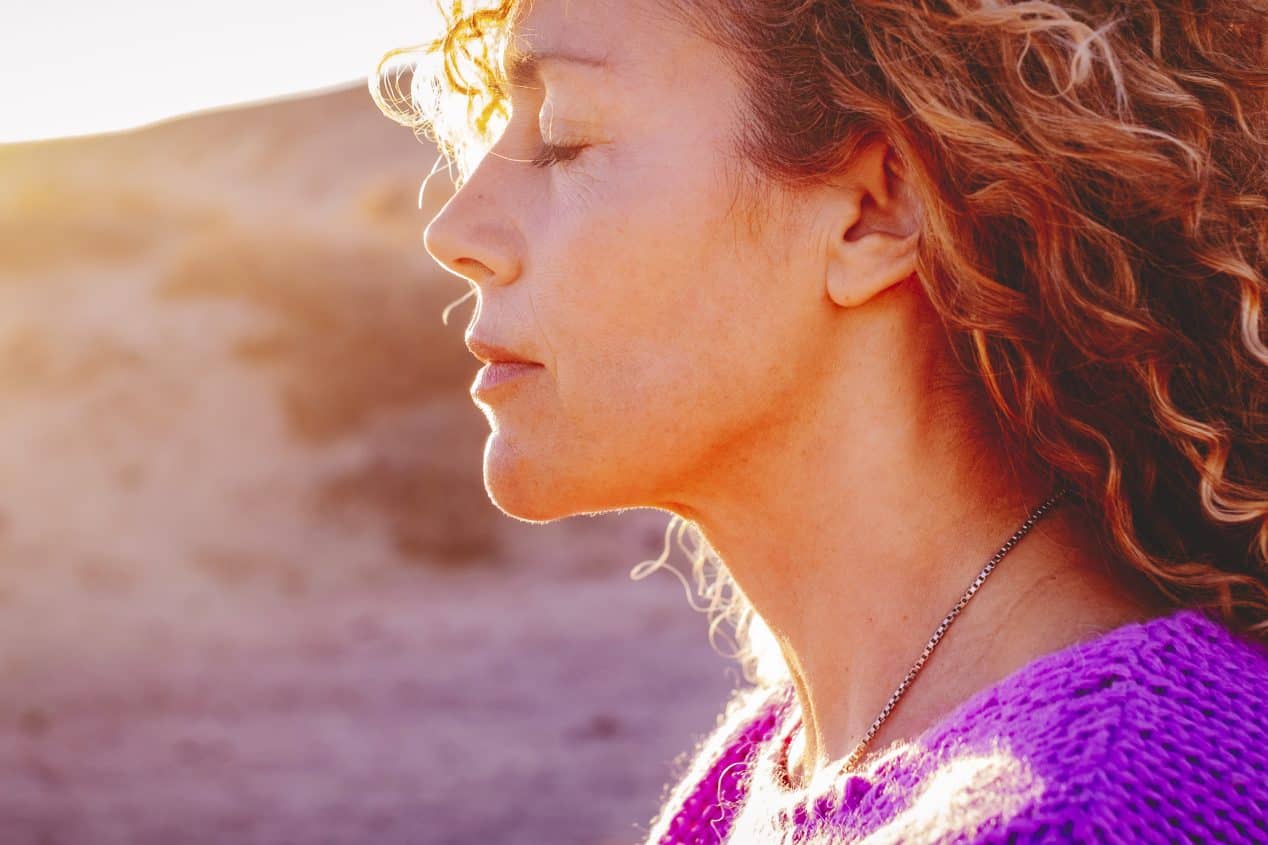“Without reflection, we go blindly on our way, creating more unintended consequences, and failing to achieve anything useful.”
– Margaret J. Wheatley.
I have journaled most of my adult life. I have found it useful to process thoughts, ideas, concerns and to record the events of my life. I have been surprised, however, at how many people I have met, coached or supervised that don’t journal or reflect formally and even find the concept intimidating.
David Kolb’s Experiential Learning Theory describes a learning cycle that comprises four stages: concrete learning, reflective observation, abstract conceptualization and active experimentation.
Concrete learning is the first stage, where we have an experience, either a new one or a reinterpretation of an existing encounter. In the next stage, reflective observation, we take time to reflect on the experience from our personal perspective. Based on our reflections we enter the abstract conceptualization stage where we are able to now shape new ideas, or revise existing thoughts. Finally, we are able to apply the new ideas in the active experimentation stage. The outcomes here result in an experience and concrete learning which starts the process all over again.
It’s a great theory for adult learning and one that I share frequently with my clients. Basically, reflection is key to learning and growing yet for many there is a view that reflecting is difficult. It can be and it doesn’t necessarily have to be either.
Reflection happens all the time, not only when we sit down to ponder and write about our experiences. Every time we think or talk about key happenings and consider what we could have done differently and how to approach it the next time, we are reflecting. This is one of the reasons why coaching is so impactful.
Writing things down, though, does help to get the ideas and realizations to stick. The written reflections allow us something concrete to return to at a later date to review and remind us of our learnings. Writing also assists with encoding the information in our memory banks for storage and retrieval. Although studies have shown that handwriting is even better than typing, any form of writing, be it keyboard or by hand is better than trying to manage all the data in our heads.
Despite reflection being an important aspect to learning, what gets in the way of us being able to reflect adequately? Quite a bit, it may seem. Time, the environment, motivation, skill and ourselves are some of the barriers.
It does take time to reflect properly and time is something that slips through our fingers like butter on a hot day. Finding the right environment to introspect can be a challenge. Not all of us can focus in a busy coffee shop and some find silence too quiet. Reflecting takes energy and effort and at the end of the day there may not have much of that left and motivation to put pen to paper or fingers to a keyboard may be low.
Journaling as reflective practice is a skill that can be learned but often isn’t. There is an assumption that it should be easy. Well, yes, driving a car is easy, swimming is easy, but not until you have learnt how to. The anxiety around not knowing where to start or about getting it right can be alleviated by following a model.
Many newcomers to journaling begin by focusing primarily on the content, what happened, the idea, the event, the outcome. This is a start but telling the story does not necessarily lead to new insights. Borton’s reflective model, one of several reflective models, and a fairly simple framework, can help go deeper. In this model three questions are asked: “What?”, “So what?” and “Now what?”.
“What?” covers the content part. “So what?” gets one to analyze why the content is important. Finally “Now what?” focuses on what the experience means for future practice or change. It’s an easy model to refer to when we find ourselves rambling on about the story or going in reflecting circles.
The biggest barrier to reflection, however, is ourselves. Reflecting requires a certain level of self-awareness, an openness about our failings and shortcomings that may feel unnerving to explore. I’ve had clients that feel uncomfortable just seeing their thoughts on the page. It makes them feel exposed and vulnerable, not only at the messiness of their ruminations but what if someone else gets a look in on their inner workings? Horrors!
No really, it can be shocking to bear witness to the disorganized, scruffy, sometimes chaotic workings of our minds. One way to gently exercise the reflecting muscle is by using morning pages. A technique developed by Julia Cameron, author of The Artist’s Way. Morning pages involves committing three pages of stream of consciousness writing every morning (or other time of day), not to be edited, not even reread. They can be ripped up, burned or thrown away to prevent any judgmental eyes venturing near them.
There is no one way to reflect or journal. Journaling is a very personal exercise, not meant to be shared or published, although some are. For those more creative souls, using drawings, post-it notes, coloured pens, diagrams and mind maps can free them of the constraints of the page and the need to work within the lines.
It is not so much what one journals and reflects on or how. It is more about giving ourselves permission to reflect imperfectly, to write badly and to play a little. In the letting go of needing to do it right a doorway is opened to possibility, to discovery and growth.

